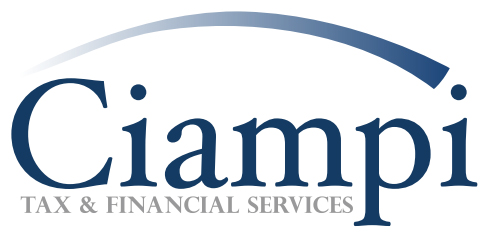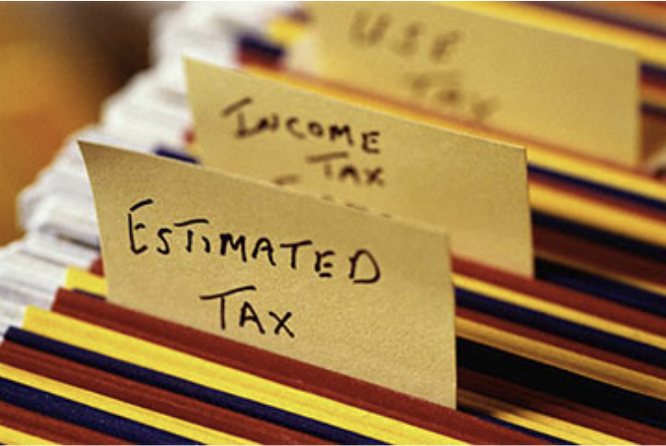For any business owner, maintaining well-organized financial records is a fundamental cornerstone for success. Clean and accurate accounting not only safeguards against discrepancies but also provides critical insights into the overall health of a business.
Having “clean books” means that your financial records are up-to-date, accurate, and organized. Maintaining clean books supports making decisions about the status of your business. It can identify areas requiring improvement and keep your business aligned with its goals. Additionally, it can offer insights on how to allocate your company’s resources more efficiently.
Maintaining accurate and up-to-date financial records is essential for tax purposes. It helps prevent complications during tax season and ensures that you do not pay more taxes than necessary. By ensuring that your books are clean, you will have a precise understanding of your company’s financial status, and your tax return will be based on accurate figures, potentially resulting in tax savings.
To maintain accurate business records, document every transaction. Record all purchases, regardless of size, including both expenses and income. This helps track money flow accurately and ensures correct taxation at the end of the year.
To maintain clean records and accurately file a tax return, follow these essential steps:
- Make sure to separate business and personal expenses. For business owners, maintaining separate business bank accounts can help ensure accurate tracking of expenses, preventing the confusion between personal and business costs.
- Ensure that you reconcile your books with your bank and credit card accounts. Verify that the details in your bank reconciliation are correct to avoid discrepancies in reporting your available funds.
- Make adjustments for any inaccuracies or stale items on your books like uncollectible receivables or uncleared checks.
- Ensure your chart of accounts is well-organized. Proper categorization is crucial as it ensures accurate classification on your financial statements, which in turn affects your tax obligations.
- Collect receipts for business expenses like equipment to reduce income taxes by accurately reflecting these on the income statement.
- Verify your inventory to ensure accurate balance sheets and avoid counting non-existent assets.
- Include payments to contractors and employees for services as deductible expenses.
- After making all accounting adjustments, close your books for the year to finalize numbers for taxes and financial needs.
Taking the time and energy to keep your business’s financial situation clean and organized will pay off in more ways than one. Keeping clean books will enable you to make informed decisions, keep your cash flow in check, and ensure your financial records are accurate so that you are taxed correctly at tax time. Plus, you’ll have peace of mind knowing that your business is in good financial standing.
Contact us for assistance with any accounting needs for your business.





